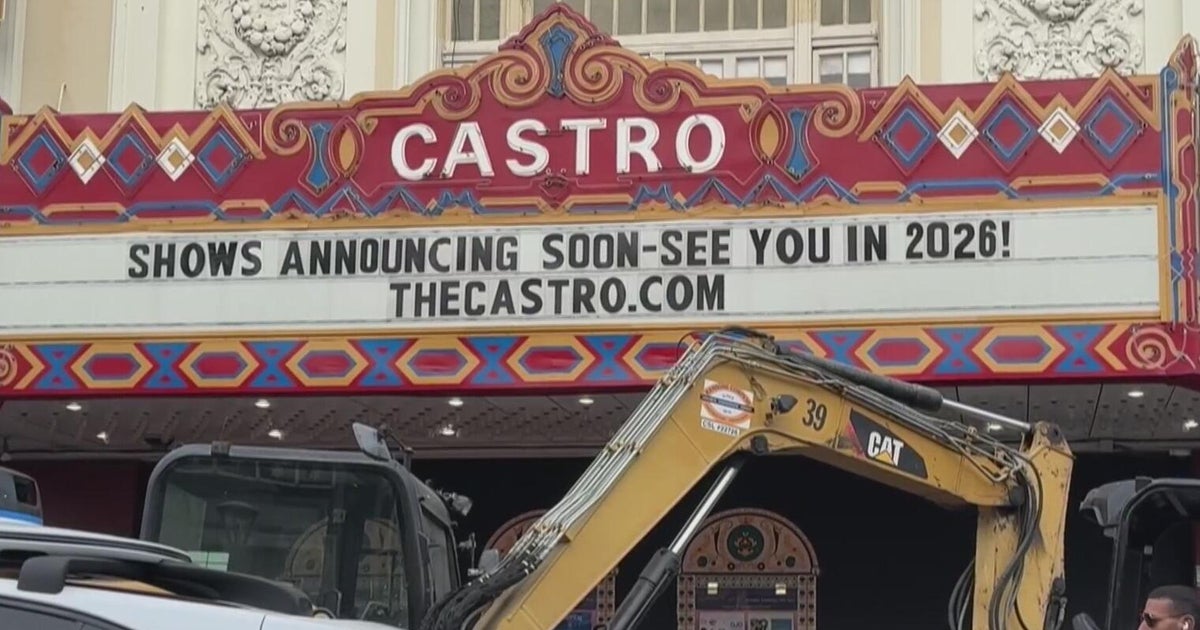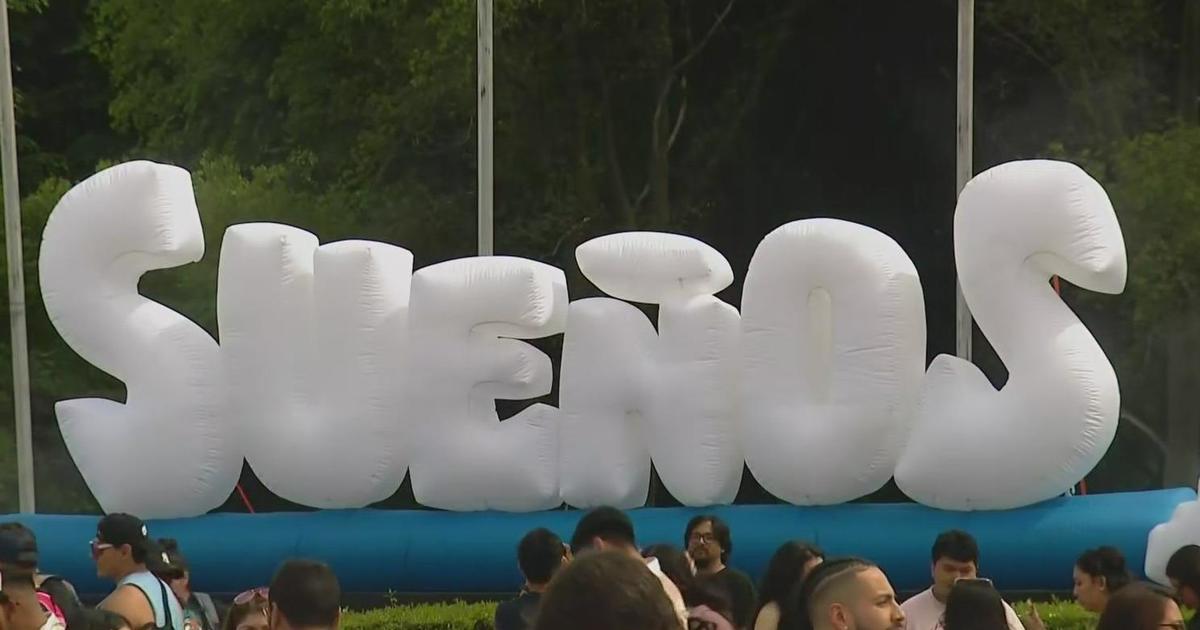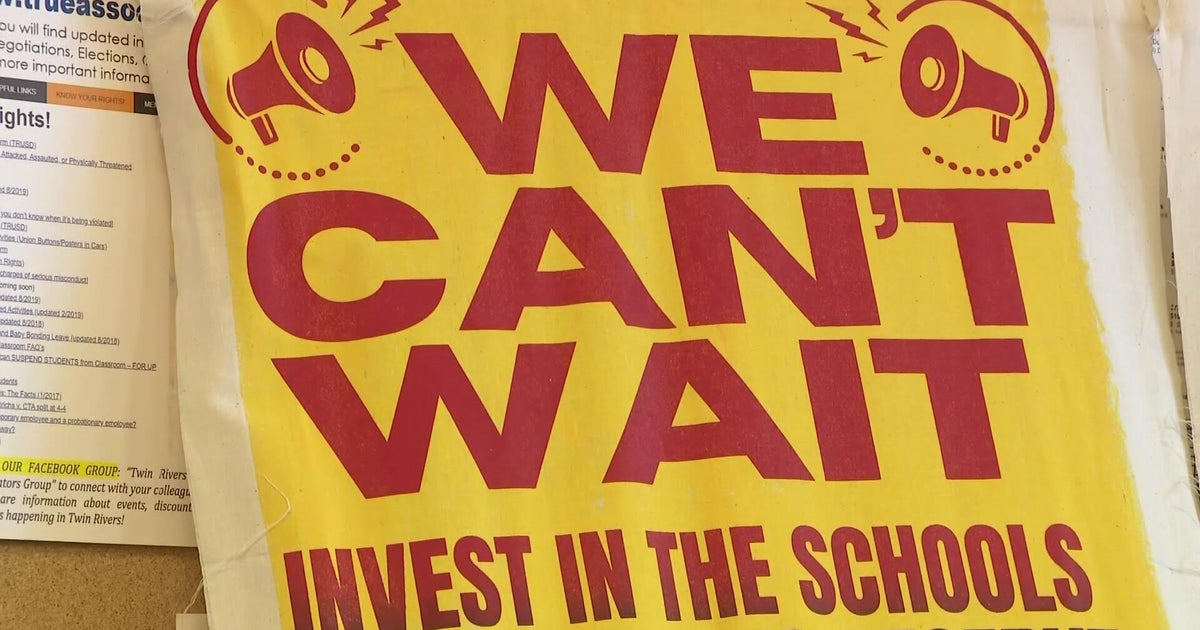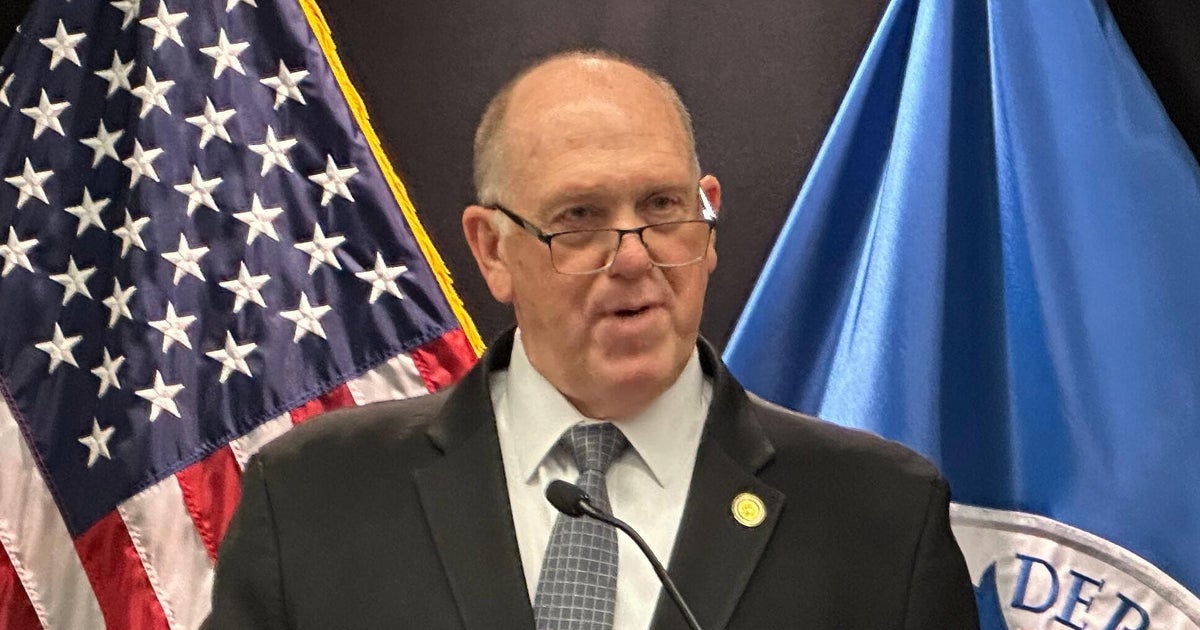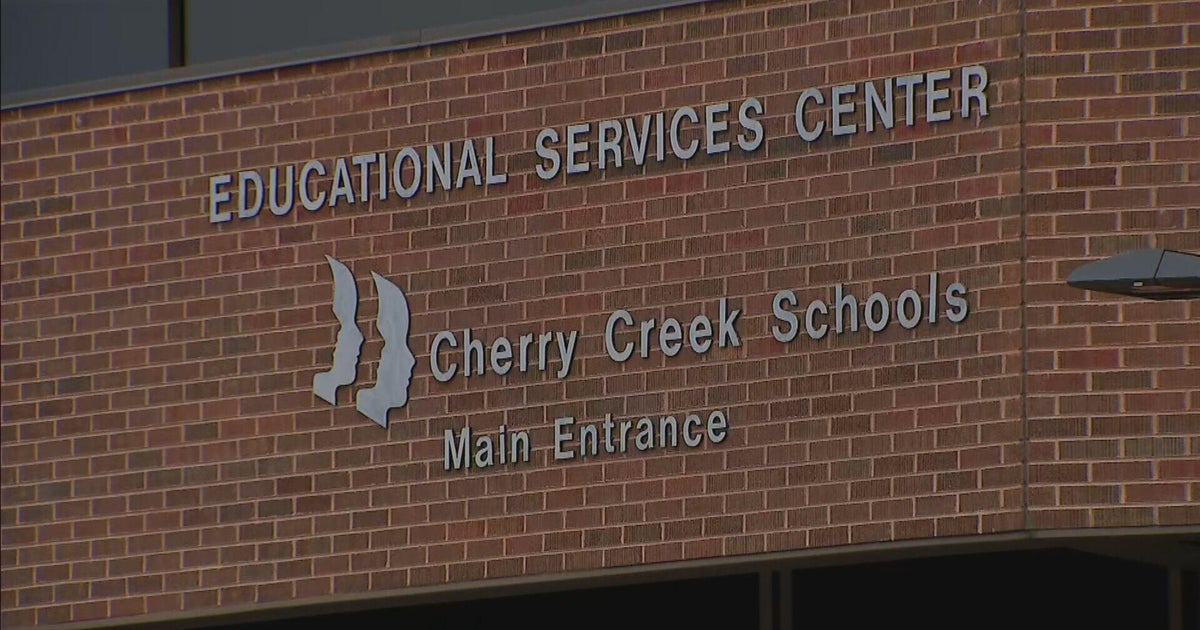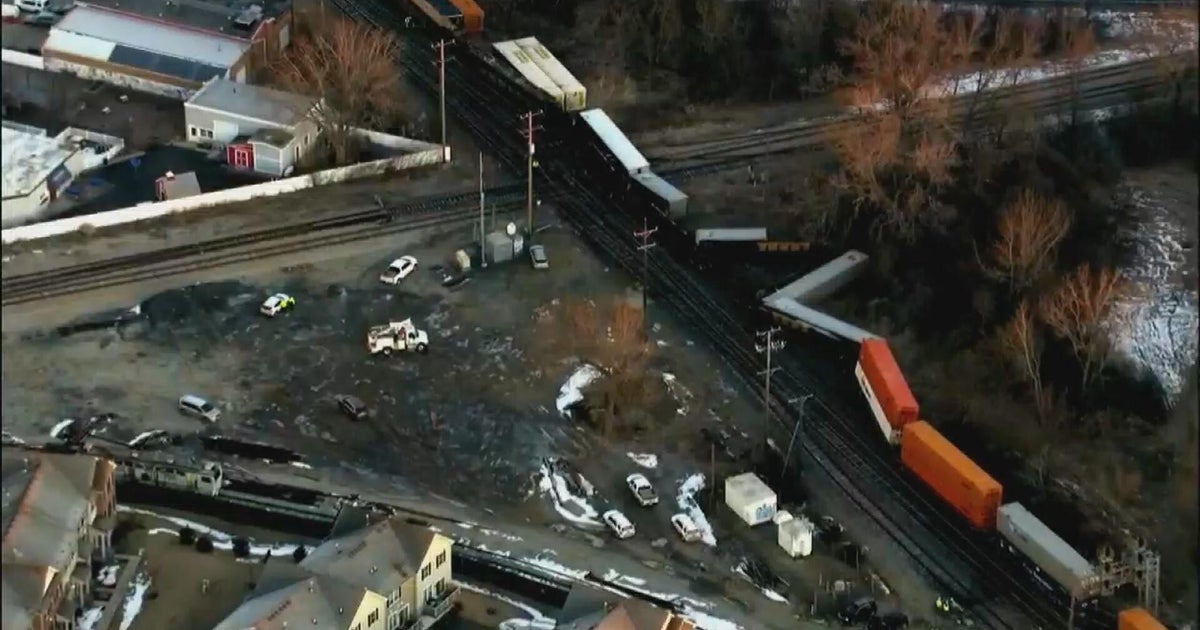Historic Transition Time In Cuba As Raul Castro Prepares For Successor
Follow CBSMIAMI.COM: Facebook | Twitter
MIAMI (CBSMiami) – For the first time in the lives of most Cubans, a man not named Castro is set to take over the leadership of the Communist-run island nation.
A new leader is scheduled to be selected during a two-day National Assembly meeting that started Wednesday morning.
Raul Castro, 86, is expected to pass the presidency to 57-year-old Vice President Miguel Diaz-Canel. Raul Castro took over from his brother Fidel in 2008 and the two have headed Cuba's government in one form or another since 1959.
The voting will take place Wednesday, the state-run newspaper Granma reported, with results announced Thursday.
Despite Castro stepping down as Cuba's president, he is by no means, going away.
"Raul will remain until 2021 as Secretary General of the [communist] party," said Dr. Jaime Suchlicki with the Cuban Studies Institute. "The party is the highest authority in Cuba, is the one that runs Cuba, not the president."
Castro's departure will signal the end of decades of upfront leadership by the Castro brothers.
Patrick Oppmann provides a live report from Havana, Cuba.
Beginning with the revolution of 1959, Fidel and Raul have held the island nation in their grip...and now?
"Not much is gonna change with the old guard still around," said Dr. Andy Gomez, author and former Cuban Studies professor at the University of Miami. "So what changes in Cuba? Very little."
Miguel Diaz-Canel is known as a party regular working his way up the ranks, emerging as the first vice president of the nation.
An uninspiring speaker that is regarded on the island, and in Miami, as a figurehead but being sold to the Cuban population as a younger, new generation leader.
"Diaz-Canel is a low level apparatchik in the communist party without any support in the party," said Dr. Suchlicki. "Without support from the military, without any popularity and support in the Cuban population."
Dr. Andy Gomez Joins CBS4 To Discuss Historic Change In Cuba
Díaz-Canel has promised to continuity in Cuba and remain close to the course set by the Castro brothers.
"I believe in continuity," Díaz-Canel told reporters recently when asked about his vision for Cuba's future. "I think there always will be continuity."
"Continuity" most likely means continued restrictions on the private sector for Cubans, tight controls on foreign investment and no openings to the single-party political system.
Any chance any of Raul or Fidel's children will gain power? The Cuban constitution says they would have to be members of the National Assembly.
"The only Castro left in the 1605 member of the National Assembly is Mariela Castro," said Dr. Gomez.
She is not being considered though, and what if Diaz-Canel, the first civilian Cuban president in decades, stumbles?
"I would not rule out, down the line that if things do not work out for Diaz-Canel as a civilian in power, that the military will be back in power," Diaz said.
